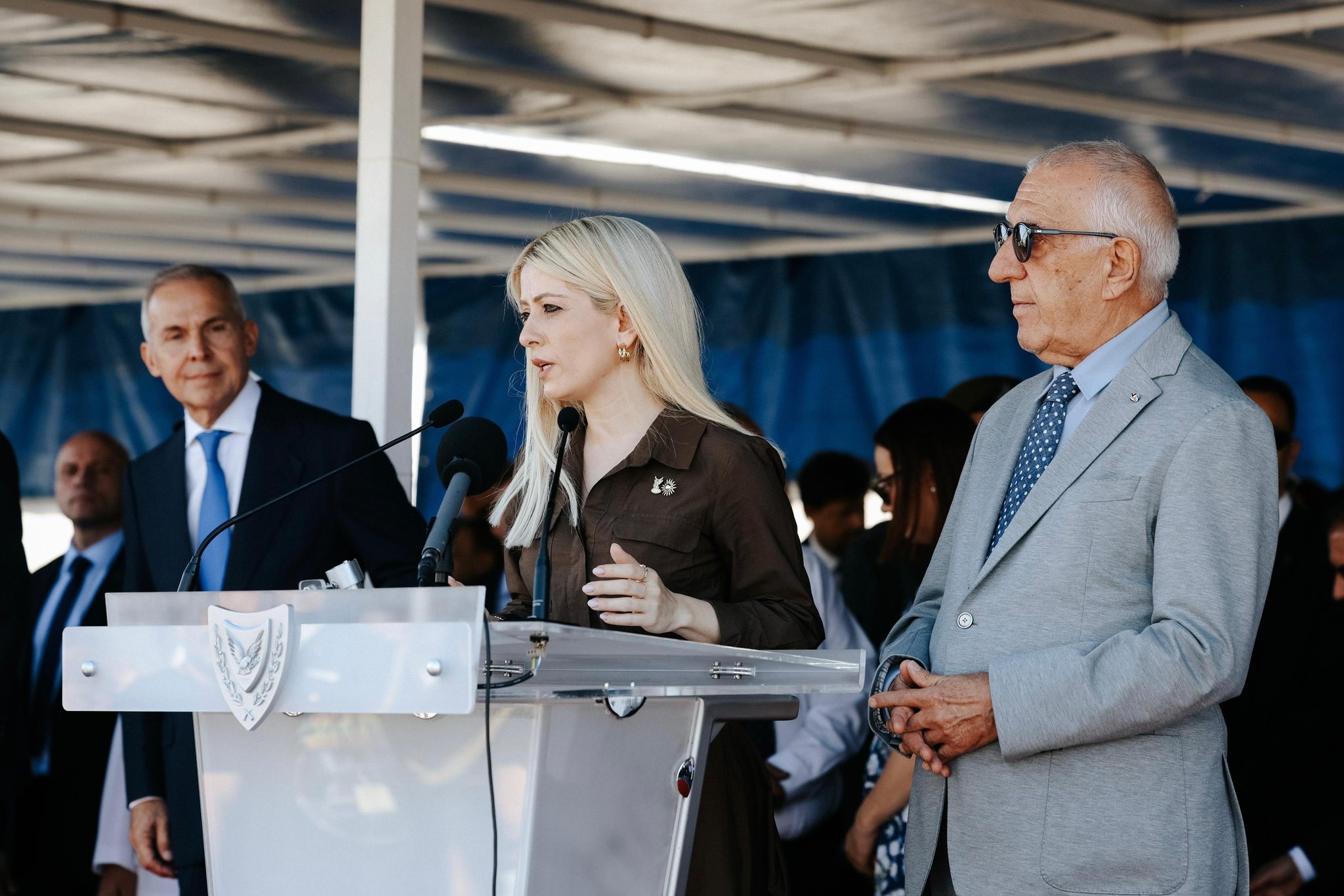House president Annita Demetriou on Monday called for clarity after the governments of Greece and Cyprus issued terse statements in each other’s direction over the Great Sea Interconnector.
“We are not satisfied with the fact that there are different approaches. This is what we are saying … That is why it should be clarified what was going on all this time, how we are moving forward, what Cyprus has committed itself to and what it has not,” she told Politis radio.
She added that relations between Greece and Cyprus are “our greatest diplomatic and political advantage”, and that “we must keep this for all issues”.
Akel, meanwhile, took aim at President Nikos Christodoulides, who had said on Sunday that Cyprus “will not be blackmailed by any head of Admie” after Admie had sent a letter to the Cyprus energy regulatory authority (Cera) demanding the annulment of a decision which only verified €82 million of its expenses for the interconnector, rather than the €251m it had claimed.
“Yesterday’s statements from Nikos Christodoulides regarding the … interconnector do not clarify the situation. On the contrary, they raise more questions,” Akel said.
It asked, “why did Christodoulides feel the need to talk about ‘blackmail’ since he himself claims that there is a clear framework of understanding with the Greek government, which was recently confirmed in a meeting he held with the Greek Prime Minister [Kyriakos Mitsotakis]?”
It also asked who is “blackmailing the Republic of Cyprus”, saying that Admie “says it is only claiming what is due to it … namely €25m per year for five years”, and what the conditions are for the five annual €25m payments to be made.
To this end, it pointed out that Greek Energy Minister Stavros Papastavrou “says the project is ‘stuck’ due to the constant questioning of its viability by the Cypriot side”.
“In a project of strategic importance for Cyprus, the government not only beats around the bush, it continues to bicker. It continues without a plan and without clarifying where it stands between the contradictory approaches expressed by its ministers,” Akel said.
“The government must finally answer clearly, because the longer the uncertainty persists, the greater the risk that taxpayers will bear the cost of hundreds of millions of euros from yet another energy disaster.”
The Green party, meanwhile, stressed that the interconnector project is “a particularly important and ambitious undertaking for the energy security and strategic upgrading of our region”, but that “it has recently been incorrectly presented in the public debate as a subject of dispute between the Greek and Cypriot governments”.
“If there are indeed differences or pressures regarding the cost or the financing of the project, there is a serious risk of derailing a project which is already characterised by a high degree of technical complexity and a significant financial burden,” it said.
“The Republic of Cyprus, and by extension, the Cypriot taxpayer, cannot once again shoulder the burden of a project which will not be implemented or will remain incomplete,” it added.






Click here to change your cookie preferences